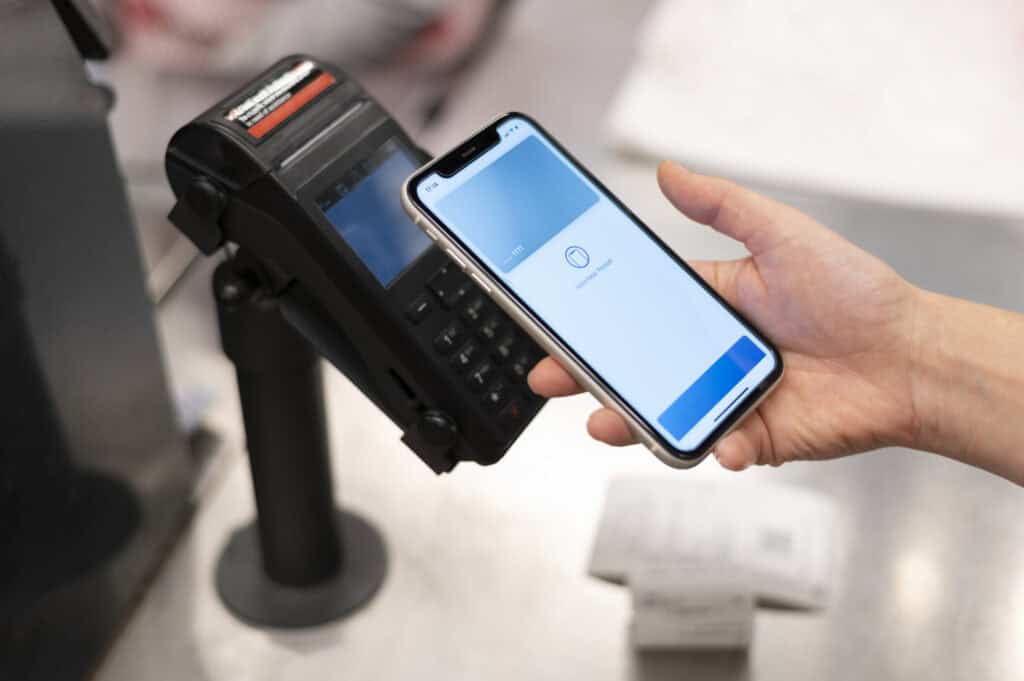
By Katherine Robertson March 7, 2025
In today’s fast-paced business world, efficiency is key. One of the most crucial aspects of running a successful business is managing payments effectively. Advanced payment processing solutions have revolutionized the way businesses handle transactions, making them faster, more secure, and easier to manage. Whether you run a small business or a large enterprise, choosing the right payment processing system can streamline your operations and enhance customer experience.
Understanding Payment Processing Solutions
What Are Payment Processing Solutions?
Payment processing solutions refer to systems and technologies that facilitate electronic transactions between businesses and customers. These solutions allow businesses to accept various forms of payment, including credit and debit cards, digital wallets, and bank transfers, ensuring seamless transactions.
Why Are They Important?
Traditional cash-based transactions are becoming less common, as consumers prefer the convenience of digital payments. Businesses that adopt advanced payment solutions can improve customer satisfaction, reduce human errors, and enhance security measures. Additionally, automated systems speed up transaction processing, reducing wait times and increasing overall efficiency.

Types of Advanced Payment Processing Solutions
1. Point-of-Sale (POS) Systems
POS systems are commonly used in retail stores, restaurants, and service industries. These systems integrate hardware (such as card readers and barcode scanners) with software to process transactions efficiently. Modern POS systems offer additional features such as inventory management, customer data tracking, and sales analytics, making them an essential tool for businesses.
2. Mobile Payment Solutions
With the rise of smartphones, mobile payment solutions have become increasingly popular. These solutions enable businesses to accept payments through mobile apps and contactless payment technologies such as NFC (Near Field Communication). Popular mobile payment options include Apple Pay, Google Pay, and Samsung Pay. These methods offer customers a quick and secure way to pay, improving the overall shopping experience.
3. Online Payment Gateways
E-commerce businesses rely on online payment gateways to facilitate transactions. Payment gateways act as intermediaries between merchants and financial institutions, processing payments securely. Popular online payment gateways include PayPal, Stripe, and Square. These platforms offer fraud protection, encryption, and integration with various e-commerce platforms, ensuring safe and efficient online transactions.
4. Automated Recurring Billing
Subscription-based businesses benefit from automated recurring billing solutions. These systems allow businesses to charge customers at regular intervals without manual intervention. Recurring billing helps companies maintain a steady cash flow while reducing the risk of missed payments. It is widely used by streaming services, fitness clubs, and SaaS companies.
5. Cryptocurrency Payment Solutions
As digital currencies gain popularity, businesses are exploring cryptocurrency payment solutions. Accepting Bitcoin, Ethereum, and other cryptocurrencies can attract tech-savvy customers and provide an additional payment option. These transactions are decentralized, reducing the need for intermediaries and offering lower transaction fees.
Benefits of Advanced Payment Processing Solutions
1. Increased Efficiency
Manual payment processing is time-consuming and prone to errors. Automated payment systems streamline the process, allowing businesses to focus on other critical tasks. Features such as instant transaction processing, automated invoicing, and real-time reporting improve overall efficiency.
2. Enhanced Security
Advanced payment processing solutions come with built-in security measures such as encryption, tokenization, and fraud detection. These features protect sensitive customer data, reducing the risk of fraud and data breaches. Compliance with PCI DSS (Payment Card Industry Data Security Standard) ensures that businesses meet industry security standards.

3. Better Customer Experience
A smooth and seamless payment experience improves customer satisfaction. Features like contactless payments, one-click checkouts, and multiple payment options cater to the preferences of modern consumers. Faster transactions mean reduced wait times, leading to a positive customer experience.
4. Cost Savings
While there are initial costs associated with setting up advanced payment systems, they lead to long-term savings. Automated processes reduce the need for manual labor, minimizing administrative costs. Additionally, digital payments reduce cash-handling risks and losses associated with counterfeit currency.
5. Improved Cash Flow Management
Real-time transaction tracking and automated invoicing help businesses manage cash flow more effectively. Payment processors provide detailed reports and analytics, enabling business owners to make informed financial decisions. Faster processing times also mean quicker access to funds, improving liquidity.
Choosing the Right Payment Processing Solution
1. Identify Your Business Needs
Before selecting a payment processor, assess your business requirements. Consider factors such as transaction volume, preferred payment methods, and integration capabilities. Retail stores may benefit from POS systems, while e-commerce businesses need robust online payment gateways.
2. Compare Pricing and Fees
Different payment processors charge varying fees, including transaction fees, setup costs, and monthly subscription fees. Compare pricing structures to find a solution that fits your budget without compromising on essential features.
3. Ensure Security Compliance
Security should be a top priority when choosing a payment processing solution. Look for providers that comply with PCI DSS and offer features like end-to-end encryption, fraud prevention, and chargeback protection.
4. Check Integration Capabilities
A good payment processing solution should integrate seamlessly with your existing business software. Whether it’s accounting software, inventory management, or customer relationship management (CRM) systems, integration simplifies operations and enhances productivity.
5. Consider Customer Support
Reliable customer support is crucial in case of technical issues or payment disputes. Choose a provider that offers 24/7 support through multiple channels, including phone, email, and live chat.
Implementing Advanced Payment Solutions in Your Business
Step 1: Evaluate Your Current Payment System
Analyze your existing payment system to identify pain points. Determine what improvements are needed, such as faster transactions, enhanced security, or better reporting capabilities.
Step 2: Research and Select a Provider
Compare different payment processors based on features, pricing, and customer reviews. Select a provider that aligns with your business goals and operational requirements.
Step 3: Set Up and Integrate the System
Work with the payment provider to install and configure the system. Ensure seamless integration with your business operations, and test transactions to identify any potential issues.
Step 4: Train Employees
Educate your staff on how to use the new payment system effectively. Training ensures smooth adoption and minimizes errors during transactions.
Step 5: Monitor and Optimize Performance
Regularly review transaction reports and customer feedback to identify areas for improvement. Optimize the system by updating software, enhancing security measures, and addressing customer concerns.

Future Trends in Payment Processing
1. Biometric Authentication
Fingerprint scanning, facial recognition, and voice authentication are emerging trends in payment security. These technologies enhance fraud prevention and provide a seamless payment experience.
2. AI-Powered Fraud Detection
Artificial intelligence is revolutionizing fraud detection by analyzing transaction patterns and identifying suspicious activities in real time. AI-driven security measures help businesses mitigate risks effectively.
3. Blockchain Technology
Blockchain-based payment solutions offer decentralized, transparent, and secure transactions. As businesses explore cryptocurrency adoption, blockchain technology will play a significant role in the future of payments.
4. Voice-Activated Payments
Voice assistants like Alexa and Google Assistant are integrating with payment systems, allowing users to make transactions using voice commands. This innovation enhances convenience and accessibility.
Conclusion
Advanced payment processing solutions are essential for businesses looking to streamline operations, enhance security, and improve customer satisfaction. By adopting modern payment technologies, businesses can increase efficiency, reduce costs, and stay ahead in a competitive market.
Choosing the right payment processing solution involves understanding business needs, comparing features, and ensuring security compliance. As technology continues to evolve, staying informed about the latest trends will help businesses adapt and thrive in the digital age.
Implementing the right payment processing solution is an investment in your business’s future—ensuring smooth transactions, better cash flow management, and an overall improved operational experience.